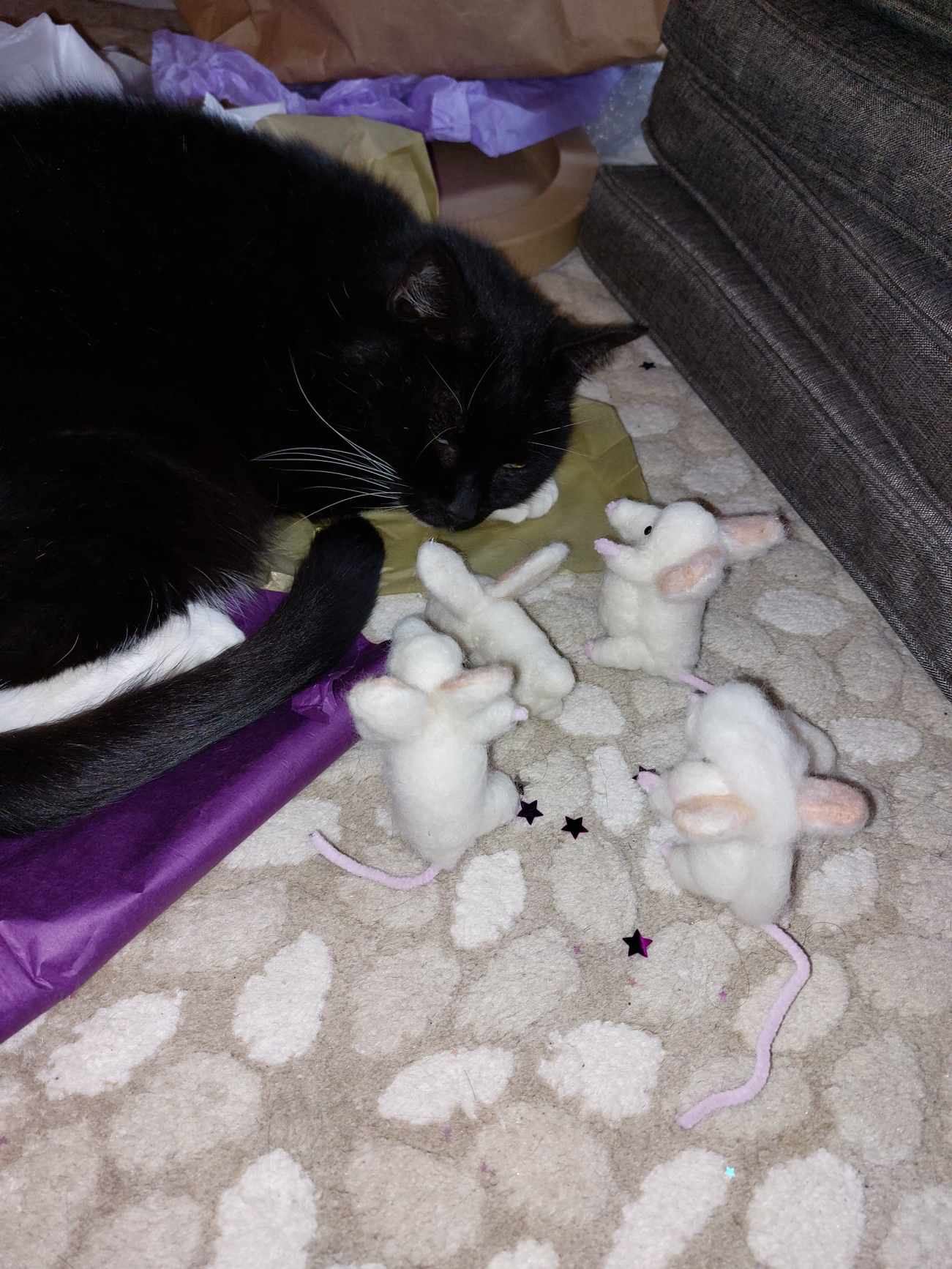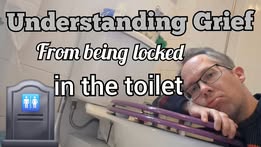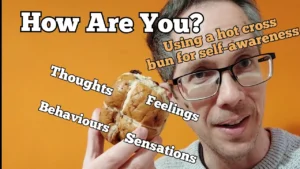No time to be sick

Have you ever booked a week off work to take an amazing vacation, only to be bedded down full of cold? It’s almost like our bodies are saying ‘finally, I can afford to be ill’. And then when we’re ill, there’s so much planned that we feel guilty for being ill in the first place. We lack the energy but push ourselves to do all the things we ‘should be doing’, suffering all the way.
Then, when we do listen to our bodies our routine & plans cant happen & we end up criticising ourselves as lazy, failures, or weak. Imagine all that guilt, on top of the muscle aches and stuffed-up sinuses. It’s like we take a double whammy from the cold and a part of ourselves that we can’t accept if we’re not constantly performing. In writing this, I’m hoping to say to you that ‘it’s okay to not always be performing’, and specifically ‘it’s okay to rest – especially when we’re unwell’.
Rest and the Immune System
When we are unwell, we might feel as though we should be doing more or a sense of boredom from bed rest. On a microbiological level though, we are at war. Our body is literally being invaded by pathogens that are seeking to reproduce and colonise our cells – an invader that has specific weaknesses that our body needs time to research & fight.
Cytokines are like a messenger telling our body where to recruit and deploy troops to fight this invader. They’re produced by T-lymphocytes which are the cells in our immune system that are responsible for researching the specific weaknesses of invaders. Research has shown that cytokine production increases when we sleep, and that sleep improves the effects of vaccines (1). So, when we’re resting whilst ill, not only are we mobilising the immune resources we need to get better – we are also finding out about the pathogen affecting us so that we can continue to fight it more effectively in the future.
As well as sleep helping us to fight off infection, our immune response can also make us sleepy (1). What I’m trying to say then, is that sleeping helps us get better and the illness itself makes us sleep more. It isn’t that we are being lazy or weak, it’s that our body is taking the time it needs to recover.
Not Superman
One of the biggest turning points for me in personal therapy was when I had a session with my counsellor whilst I was full of cold. I was in no place to do deep therapeutic work, yet felt this drive to attend and ‘not let them down’. It was in this place though, when I should have been resting and listening to my body, that I realised something profound: “I am a human, frail and normal, subject to disease and not Superman“. For me this was huge:
- Perhaps I didn’t need to have these high expectations of constantly performing?
- Perhaps I could be accepting of myself when I need to rest just as much as when I was productive?
- Perhaps these expectations to be superhuman served a purpose at one point in life, but now are redundant?
It was from realising this, that I noticed I was less hard on myself and more allowing of my experience.
Invitiation to Rest
I therefore invite you to use the next time you are ill as an opportunity to grow. Firstly, the rest will do you good. Tell yourself that this is the purpose of slowing down – that you’re actively healing yourself by resting. Secondly, in resting we realise that the world does not depend on us as much as the pressure in our heads might tell us it does. Allowing ourselves to rest gives us chance for self-compassion, to notice and challenge critical voices of unrealistic expectations, and to make our world more realistic for what we have the capacity to do.
1. Suni, E; Truong, K. (2022). How Sleep Effects Immunity, Sleep Foundation.
I am a person centred counsellor working online, or in person in Oxford. I believe there is a power in being accepted and understood that allows us to examine parts of us and from that bring change. Just as I came to the realisation that I’m not Superman, and it’s okay for me to rest, I hope you can find your own personal significant realisations.







